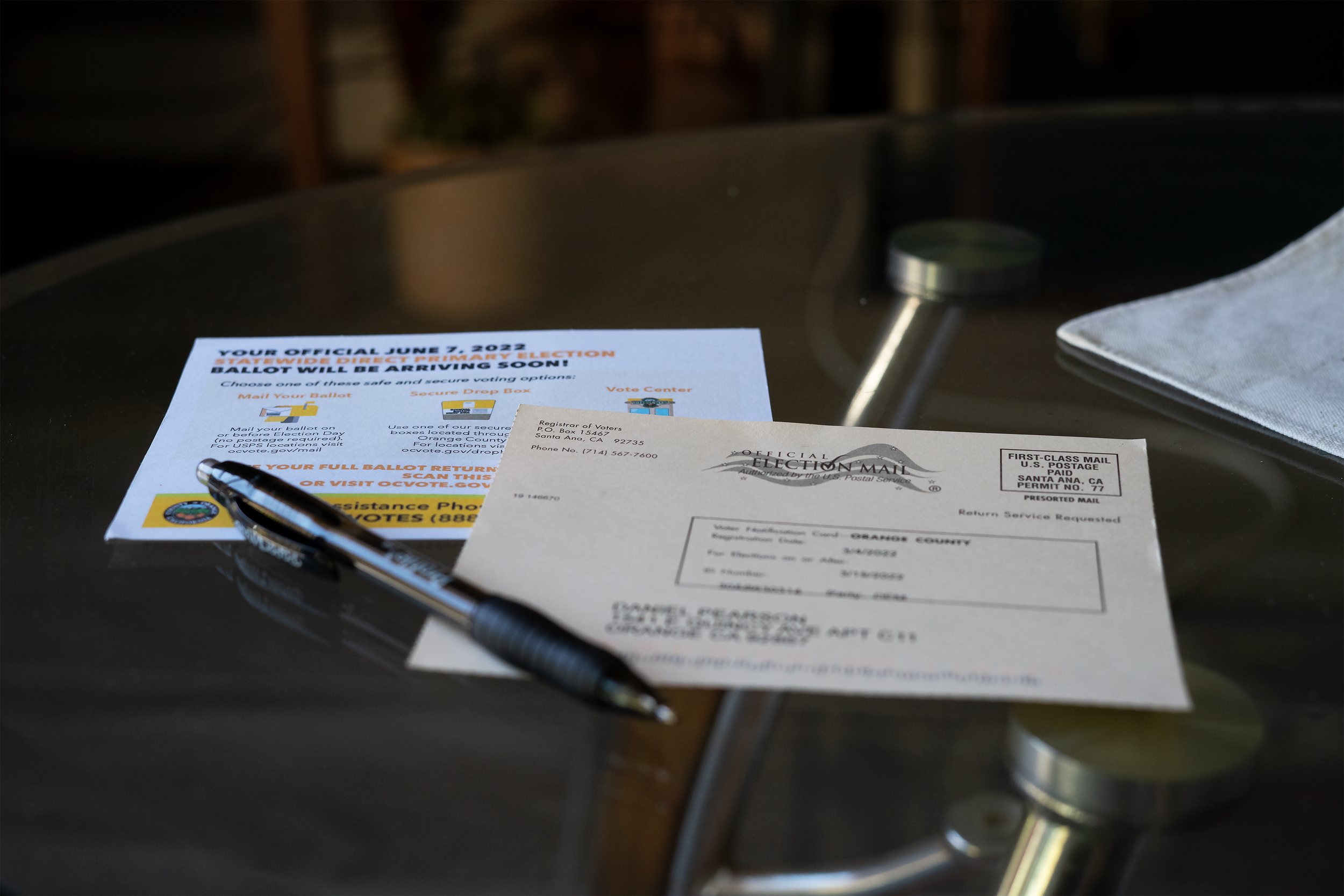Best of: propositions on 2022 midterm election ballot
There are four propositions currently on this year’s midterm election ballot, which The Panther dissects for college voters. DANIEL PEARSON, Photo Editor
The 2022 midterm elections are nearing, and voters will be considering four propositions, which range from a cap on medical malpractice lawsuits to the legalization of sports betting on land belonging to American Indian peoples.
In order to help student voters decipher the latest propositions on the 2022 midterm election ballot, The Panther has compiled a guide on what each measure entails and what supporters and opponents of the proposition are saying.
“California Changes to Medical Malpractice Lawsuits Cap Initiative”
In this initiative, the state’s current cap on medical malpractice lawsuits would be raised from $250,000, which was established in 1975. If passed, the initiative would take into account the changes in inflation that have since happened, as the $250,000 amount in 1975 would have been worth $50,768.
As of April 28, a legislative deal between legislators and advocates on both sides was reached that would raise the cap to $350,000, which would eventually increase to $750,000 throughout the next decade. Inflation would be accounted for with these new caps via a 2% annual adjustment. If Gov. Gavin Newsom (D-CA) signs the deal by the end of June, the initiative will be pulled from voters’ ballots, and they will not have to worry about voting on it.
“California Flavored Tobacco Products Ban Referendum”
Currently, tobacco retailers and their employees are not allowed to sell flavored tobacco products or their flavor enhancers as per Senate Bill 793, which was passed in August 2020 and received support from a majority of Democratic legislators and a quarter of Republican legislators. With this referendum, the ban would be repealed, thus legalizing the sale of flavored tobacco products and their flavor enhancers.
Proponents of the referendum argue repealing the ban would greatly benefit local small businesses and their employees. Opponents state that, without the ban, younger generations would have easier access to tobacco products, which could result in them becoming addicted.
“California Legalize Sports Betting on American Indian Lands Initiative”
This initiative would permit sports betting at American Indian gaming casinos and licensed racetracks. Ten percent of the profits earned from sports betting at the racetracks would also be taxed, 15% would go to the California Department of Health for gambling prevention and mental health research programs and 15% would head to the Bureau of Gambling Control.
Several American Indian tribes within the state, including six different bands of Mission Indians, are in support of the initiative as well as the California Nations Indian Gaming Association and the Deputy Sheriff’s Association of San Diego County. These groups argue the initiative would help keep the gaming industry “strong and well-regulated.”
Five casino corporations, including the Hawaiian Gardens Casino, are currently against the initiative, as they believe it could lead to lawsuits that would take city revenues away from services for homeless individuals and schools.
“California Plastic Waste Reduction and Regulations Initiative”
In this initiative, regulations for single-use plastic packaging and foodware would need to be created and enforced by the California Department of Resources, Recycling and Recovery (CalRecycle). With these regulations, these single-use products would have to be suited for recycling, reusing, refilling or composting by 2030, and the sale of these products would have to be reduced by more than 25% by that same year.
A one-cent fee would be placed onto each of these products, but the fee would be altered based on what the California Consumer Price Index reports from 2030 onward.
Half of the revenue from this fee would be given to CalRecycle, who is tasked with enforcing this initiative. The remaining half would be divided between the California Natural Resources Agency to research the impact of plastic pollution and local governments to create recycling and composting programs.
Supporters argue this initiative would help the state combat plastic pollution and develop its recycling system. Opponents, meanwhile, have voiced their discontent with the proposed tax in the wake of recent inflation and rising costs for businesses statewide.
As many as four more propositions have collected the required number of signatures to be considered for the ballot, but voters won’t know if they’ve been added until May 11. By that date, local officials will have to conduct a random sampling of the submitted signatures; if the sampling results in at least 110% of the mandatory amount of signatures, the initiative will be officially added onto the ballot.
For those voting by mail, the ballot must be postmarked and received by June 14. For those dropping off their ballots in person, the ballot must be taken to a voting location or county election office by June 7. A list of voting centers in Orange County can be found here, and drop box locations can be found here.

